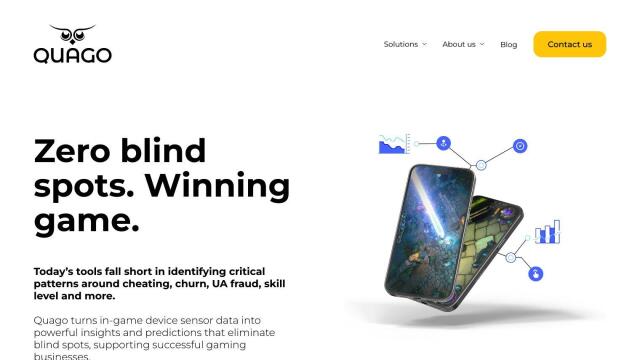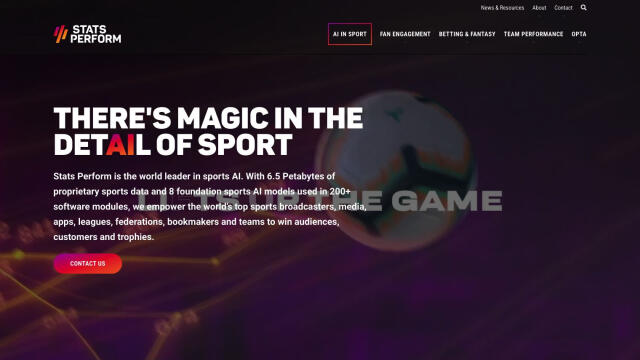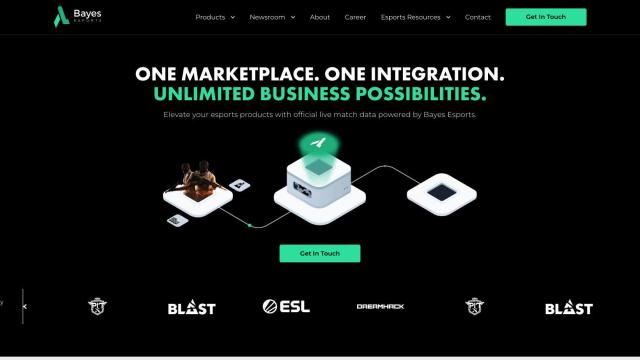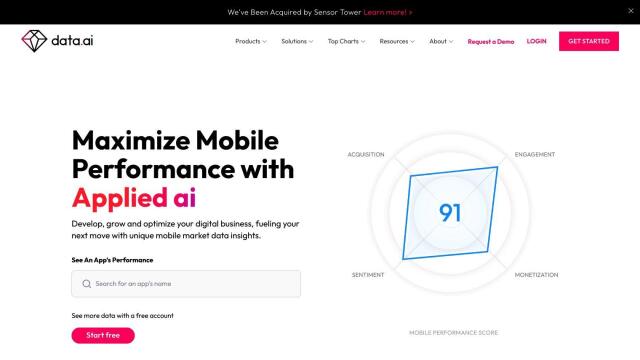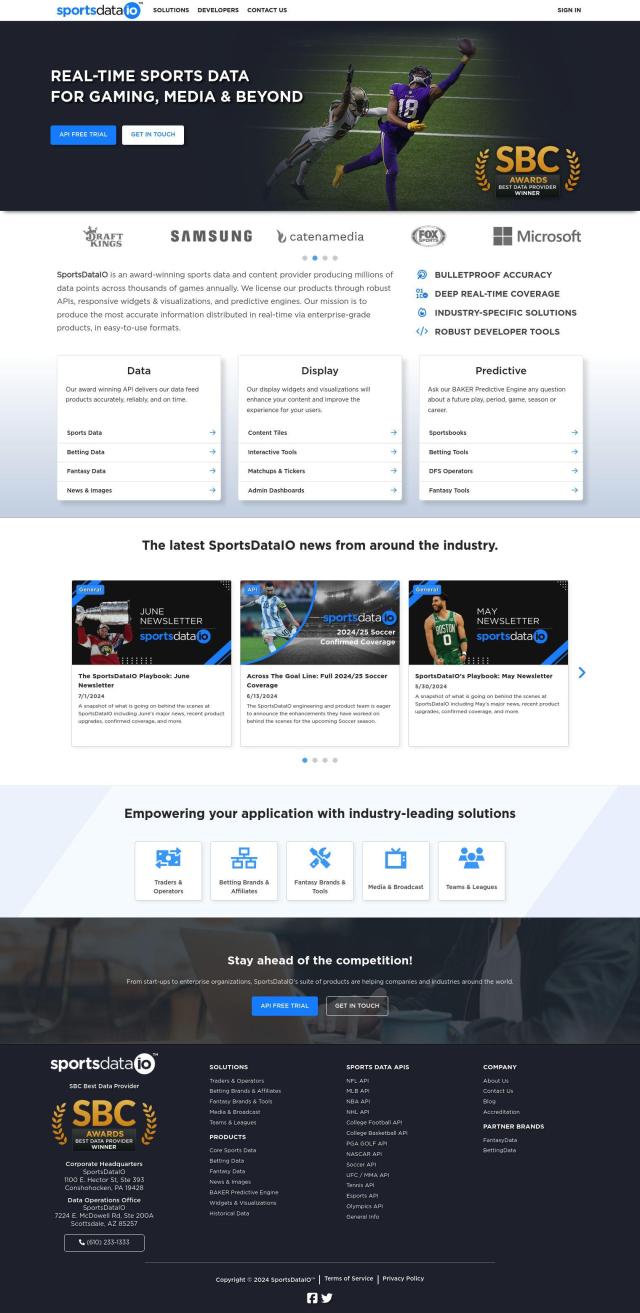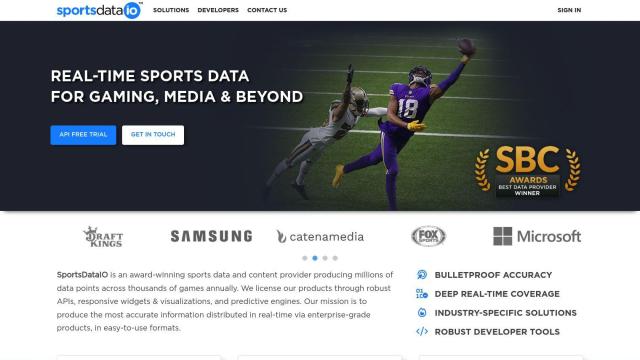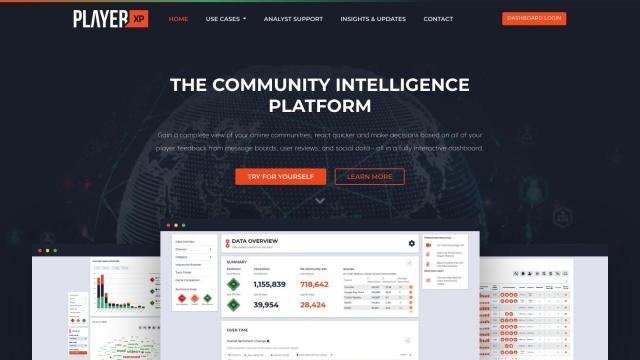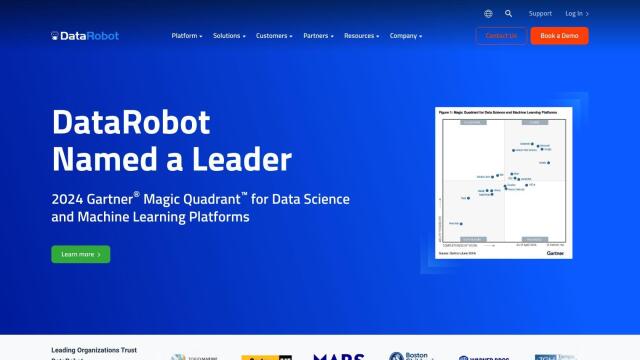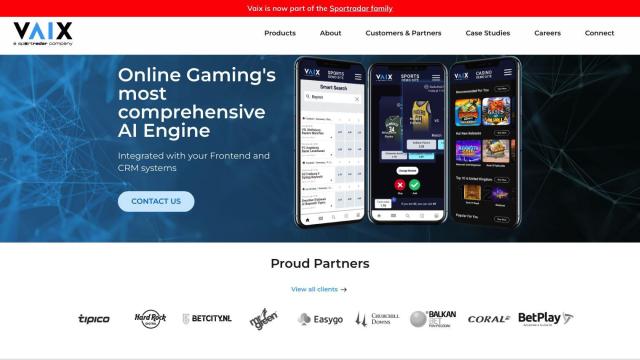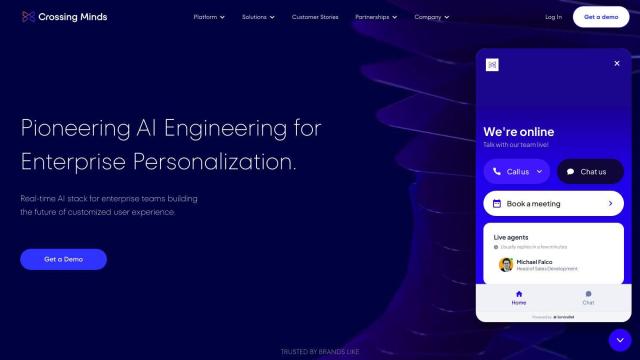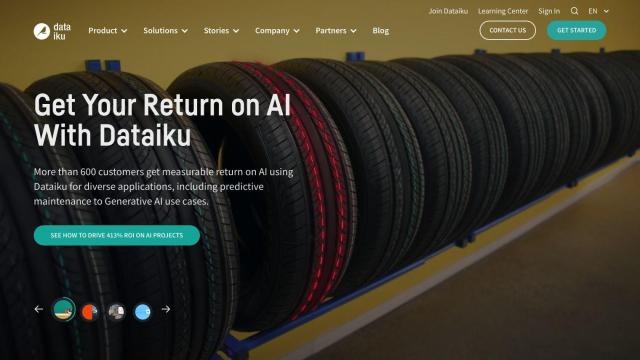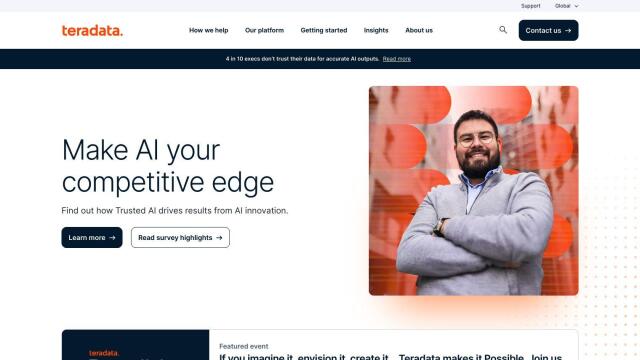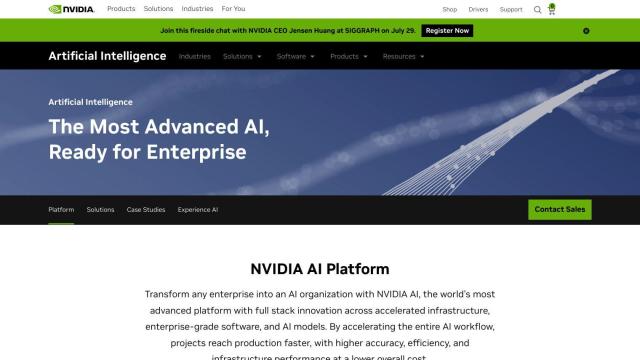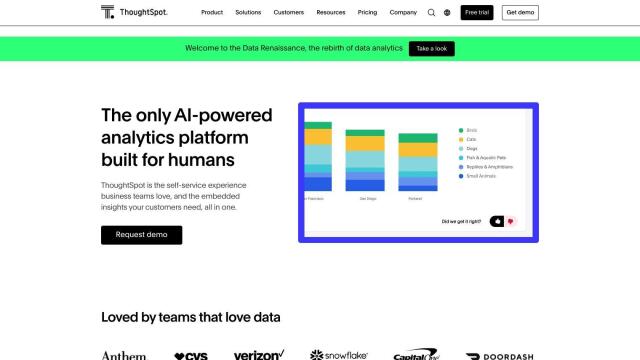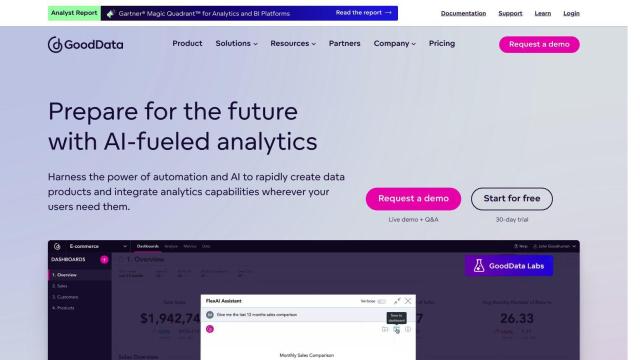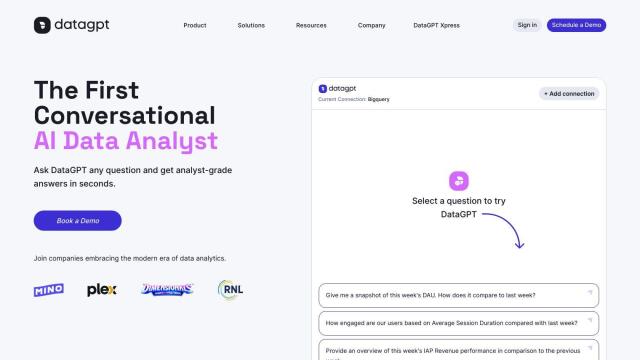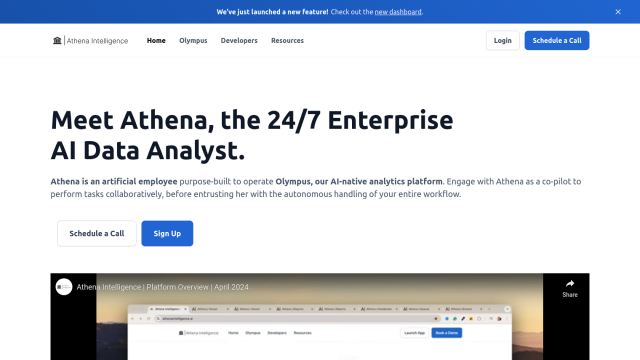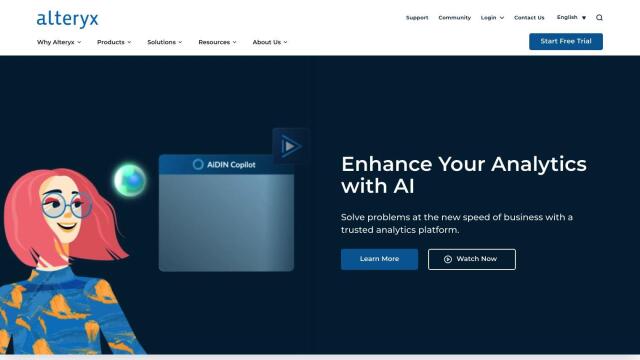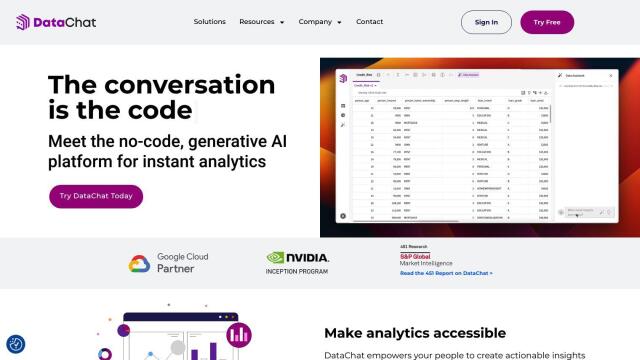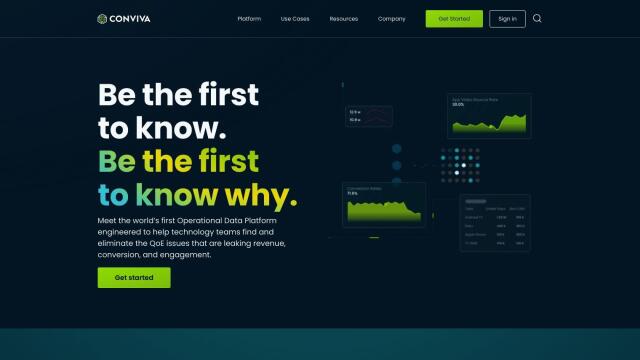Question: Is there a gaming analytics platform that offers direct data access, core analytics, and AI-ready features for predictive modeling?

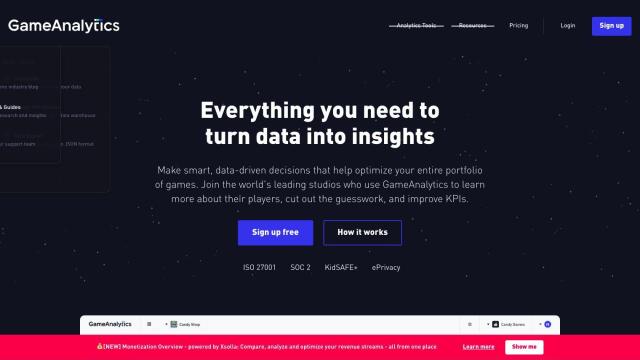
GameAnalytics
For a full-featured gaming analytics platform, check out GameAnalytics. This service is geared to help game developers make data-informed decisions by giving them detailed insights into player behavior, game design problems and monetization options. It supports 30+ game engines and services like Unity and Unreal, and offers direct data access, core analytics and AI-ready data for predictive modeling. It's got built-in data security and compliance, too, so it's a good choice for optimizing game development pipelines.
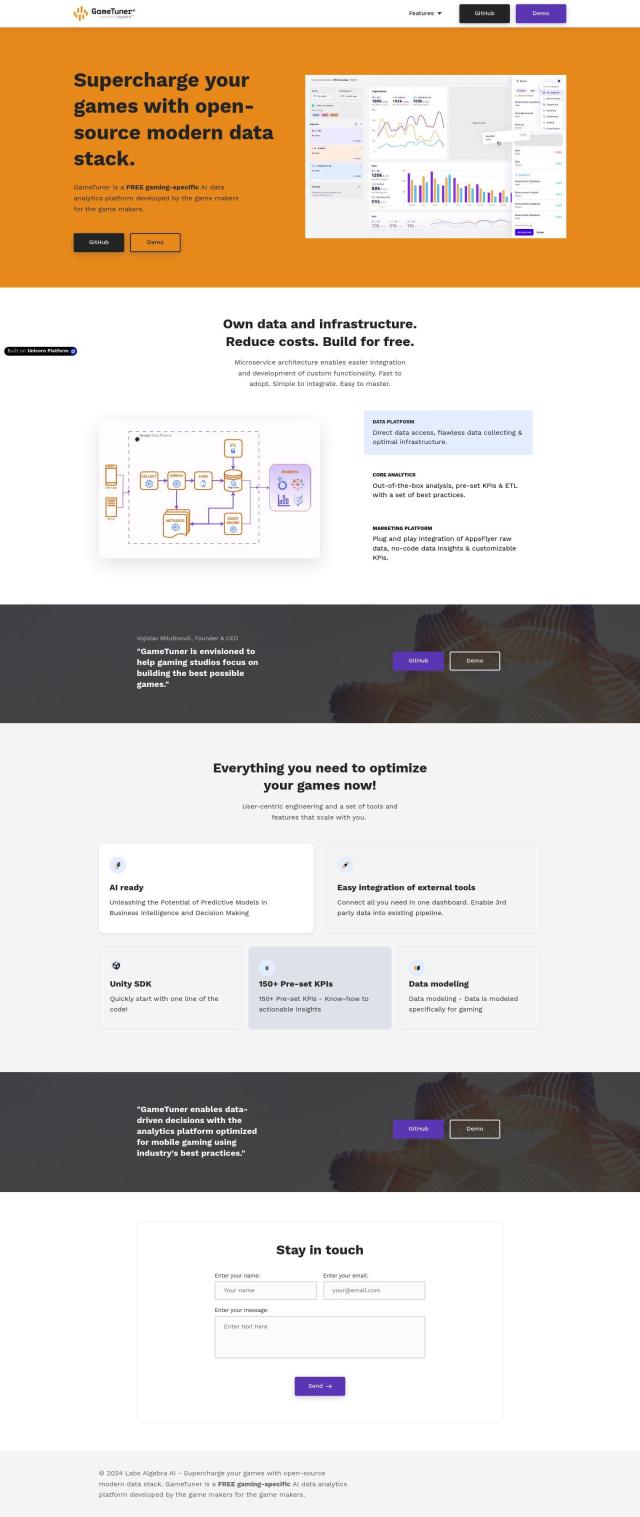
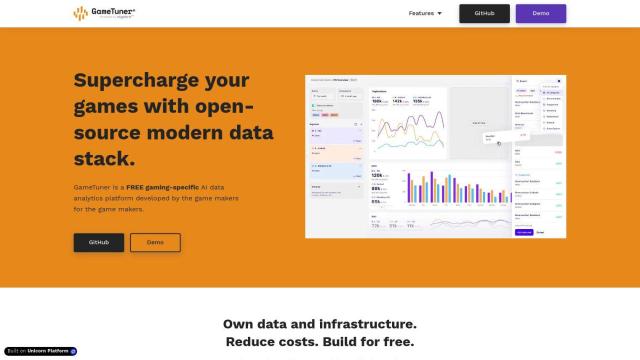
GameTuner
Another good option is GameTuner, an open-source gaming analytics platform geared for smaller studios. It offers direct data access, core analytics with pre-defined KPIs and AI-ready data for predictive models. With its microservice architecture, GameTuner lets you easily add custom functionality and supports more than 150 pre-defined KPIs. It also comes with a marketing platform and a Unity SDK for easy integration.
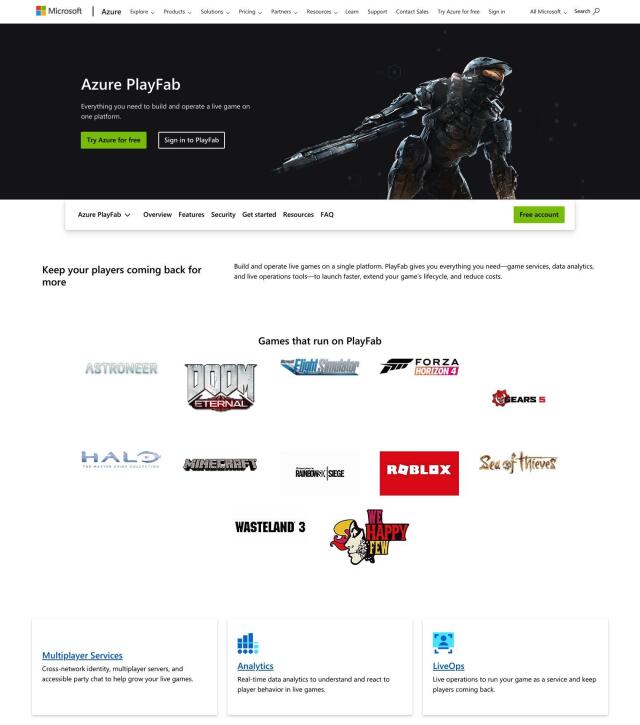
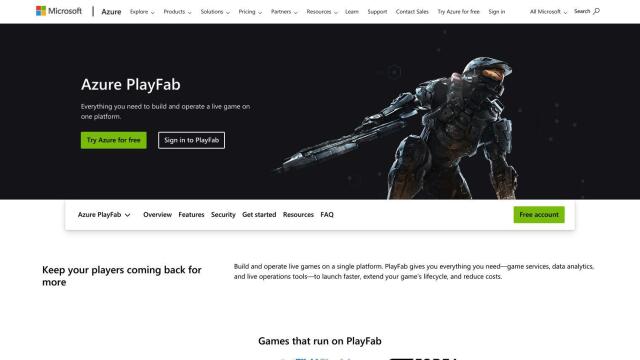
Azure PlayFab
Azure PlayFab is another good option, offering a full LiveOps back-end platform with a wide range of tools for building and operating live games on multiple platforms. It includes real-time analytics, data management and AI-ready data for predictive models. Azure PlayFab is well integrated with big platforms and engines, and offers flexible pricing tiers so it's available to developers of all sizes.

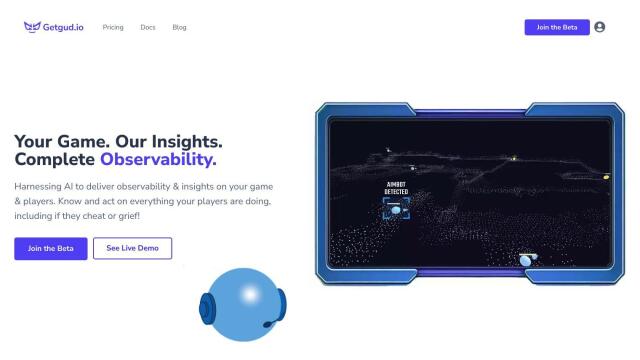
Getgud
If you want real-time insights and server-side observability, Getgud is worth a look. This AI-powered service offers real-time insights into game and player behavior, including cheating and griefing. It works with a variety of game types and doesn't require any client-side integration, so it's a good choice for studios that want to focus on game analytics and player behavior.

